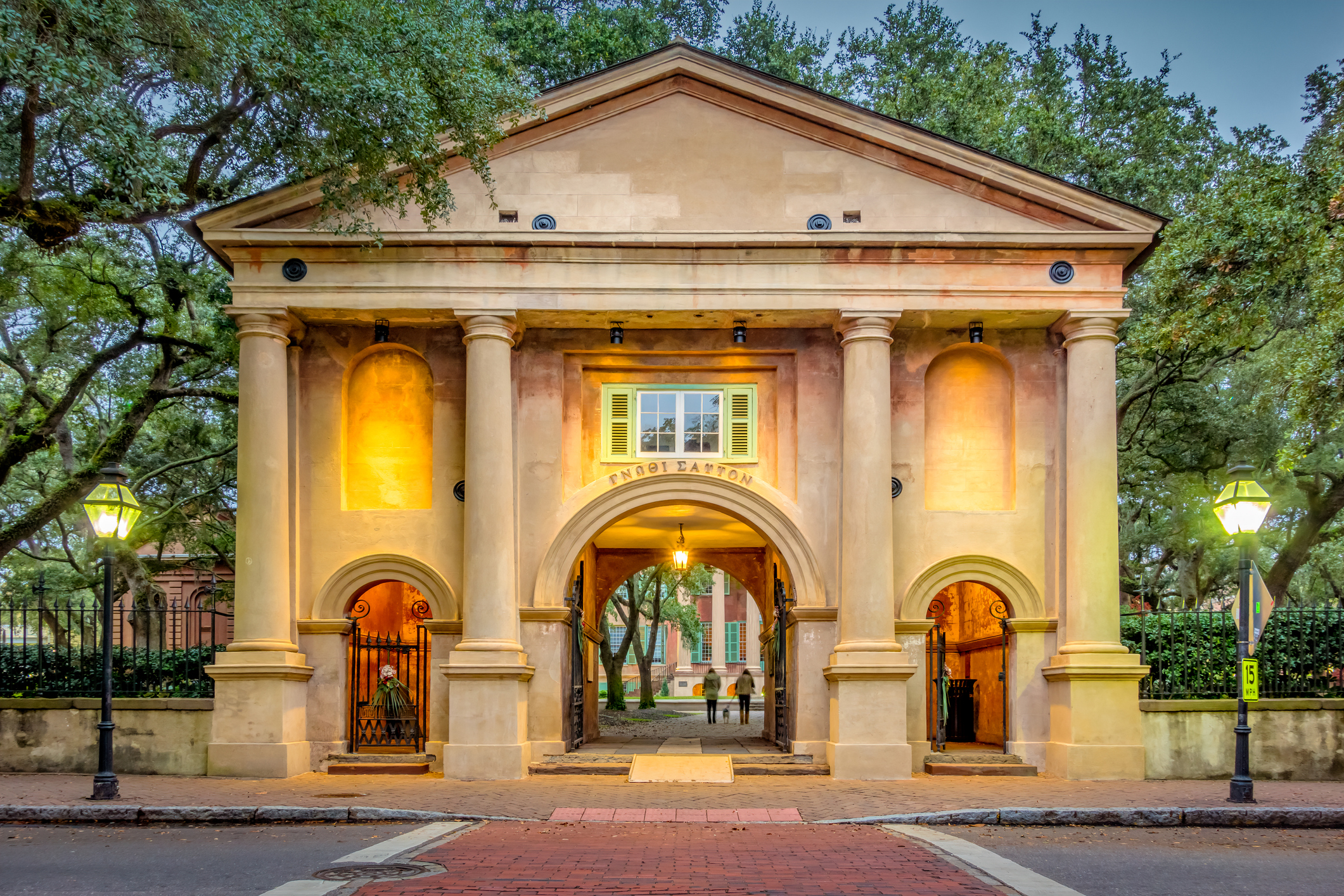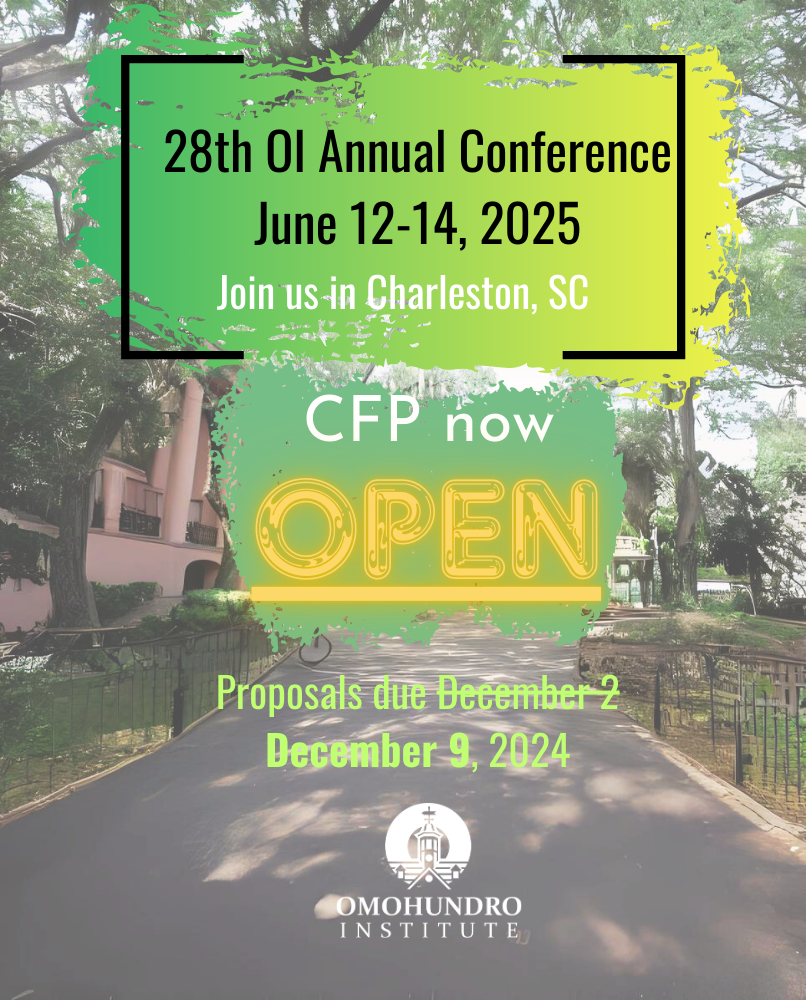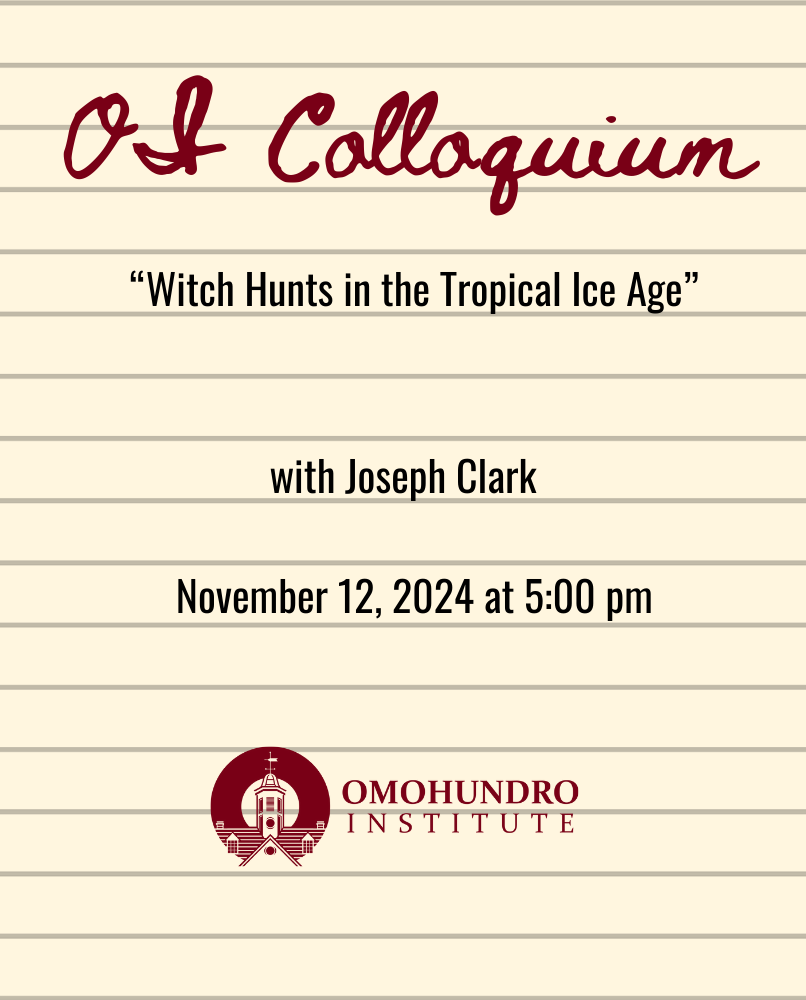OI 28th Annual Conference
Join us for “Currents and Exchanges in Vast Early America” — the OI 28th Annual Conference at the College of Charleston in Charleston, South Carolina. Co-sponsored with the Carolina Lowcountry and Atlantic World program at the College of Charleston, the… Read More


